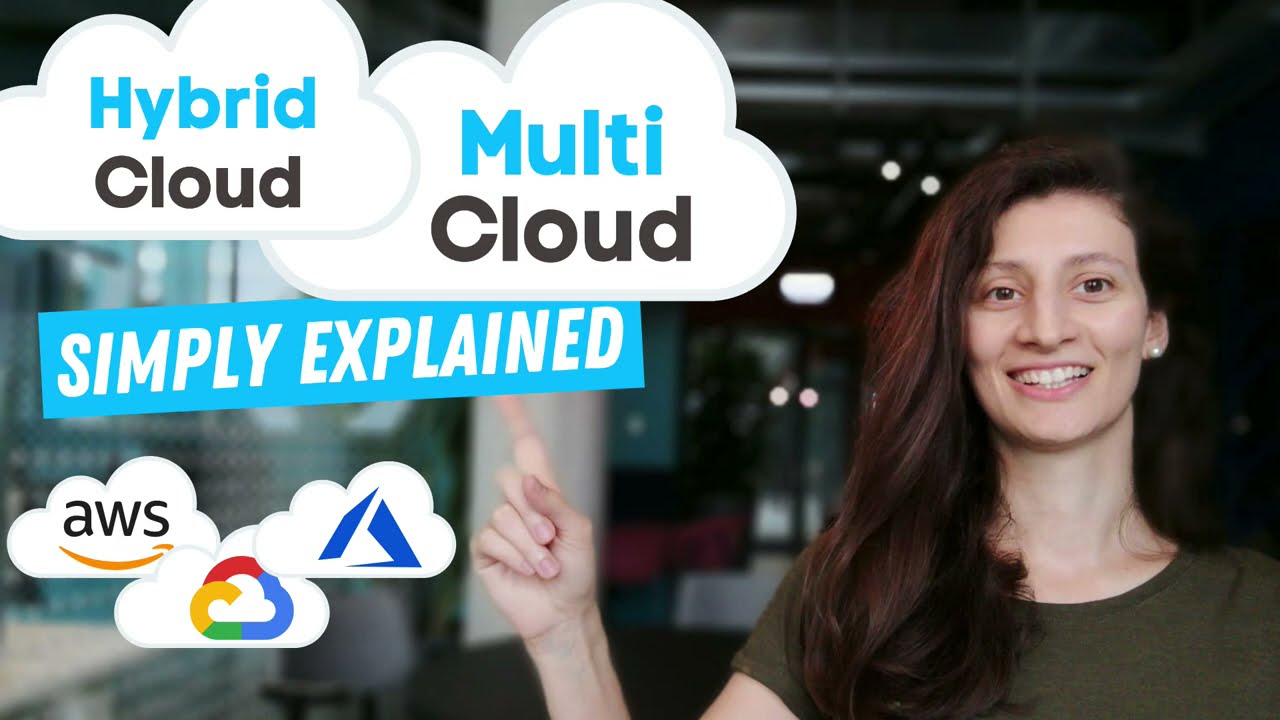
Hybrid cloud computing has become a popular choice for businesses that want to take advantage of the flexibility, scalability, and cost-effectiveness of the cloud while still keeping some of their data and applications on-premises. However, not all hybrid cloud providers are created equal. In this article, we will explore what hybrid cloud companies are, their benefits, and how to choose the right provider for your business.

Hybrid cloud companies provide a combination of public and private cloud services, allowing businesses to store data and run applications across multiple platforms. This approach enables companies to take advantage of the scalability, cost savings, and efficiency of public cloud providers while maintaining control over sensitive or mission-critical data that they keep in-house.

There are several advantages to using hybrid cloud companies, including:
With a hybrid cloud solution, businesses can use both private and public cloud services as needed, which provides greater flexibility and agility. For instance, if you have an application that requires more processing power, you can easily scale up by adding public cloud resources without having to invest in additional hardware.
The hybrid cloud model can reduce costs by allowing businesses to use public cloud resources when demand is high, rather than investing in expensive hardware that may only be used intermittently. Additionally, it allows businesses to better manage infrastructure costs by moving non-sensitive workloads to the public cloud.
Hybrid cloud providers offer greater security and compliance than public cloud providers alone. By keeping sensitive data on-premises, businesses can maintain complete control over their most valuable resources while still taking advantage of the scalability and cost savings offered by the public cloud.

Choosing the right hybrid cloud company is critical to ensuring that your business gets the most out of its cloud investments. Here are some factors to consider when selecting a provider:
Choose a provider that can integrate with your existing systems and applications seamlessly. This will ensure that you can easily move workloads between the public and private cloud environments.
Ensure that your provider offers robust security and compliance measures that meet your specific requirements. Look for providers that offer advanced encryption, multi-factor authentication, and regular vulnerability assessments.
Your hybrid cloud provider should be able to scale services up or down as per your changing business needs. Choose a provider that can accommodate both large-scale and small-scale deployments and can handle sudden spikes in traffic.
Look for a hybrid cloud company that offers excellent customer support and has a reputation for quick response times. This is especially important in case of any emergencies or downtime.

Here are some examples of companies that have successfully implemented hybrid cloud solutions:
Ford uses a hybrid cloud system to manage its complex supply chain operations across multiple regions. The company’s IT infrastructure includes a mix of public and private cloud resources that enable it to quickly adapt to changing market conditions.
Netflix uses a hybrid cloud model to deliver content to its millions of subscribers worldwide. The company leverages public cloud services like Amazon Web Services (AWS) to stream video content, while keeping sensitive data like customer information on-premises.
Here’s how hybrid cloud companies compare to other types of cloud providers:
Public cloud providers offer scalability, cost savings, and efficiency, but they may not provide the level of security or control that businesses need for sensitive data. Hybrid cloud companies combine the benefits of public cloud offerings with the added security and control of private cloud resources.
Private cloud resources offer greater control and security, but they can be expensive to maintain and may not offer the same level of scalability as public cloud resources. Hybrid cloud companies provide a balanced approach by enabling businesses to use both private and public cloud services as needed.
Here are some tips to help you make the most of your hybrid cloud investment:
Before choosing a hybrid cloud provider, define your business goals and objectives. This will help you select a provider whose offerings align with your specific needs.
Start with small-scale deployments before moving on to larger projects. This will help you identify potential issues and ensure that your systems are running smoothly before scaling up.
Regularly monitor your hybrid cloud system’s performance to ensure that it is meeting your business requirements. Use analytics tools to track usage patterns and identify areas for improvement.
Yes, you can switch to a different hybrid cloud provider if you are not satisfied with your current one. However, it is important to carefully evaluate your new provider to ensure that they can meet your business needs and provide a seamless transition from your previous provider.
Hybrid cloud computing has emerged as a popular solution for businesses that want to take advantage of the flexibility and cost savings offered by cloud computing while maintaining control over sensitive data. By choosing the right hybrid cloud provider and following best practices, businesses can optimize their cloud investments and achieve their business goals.